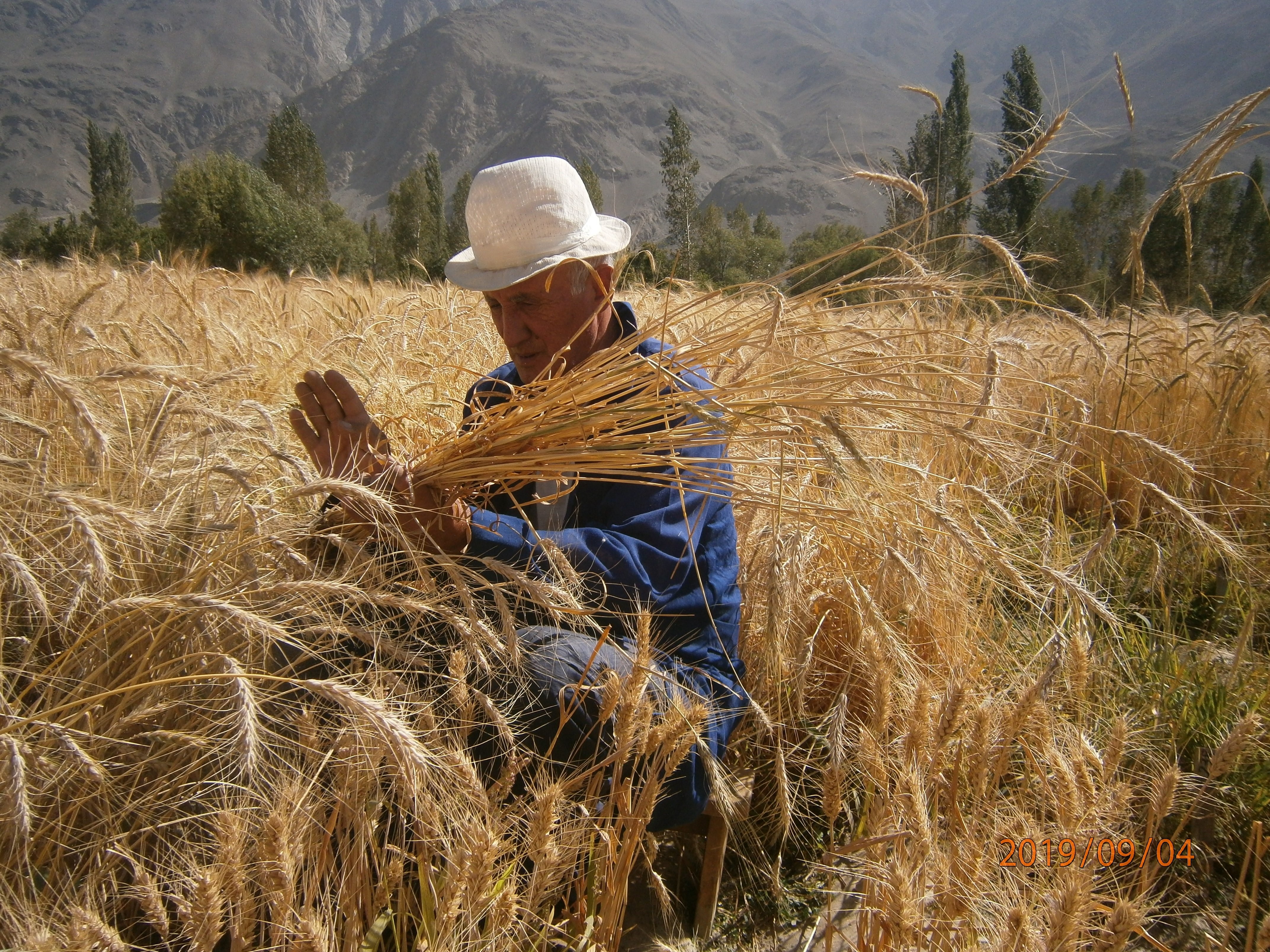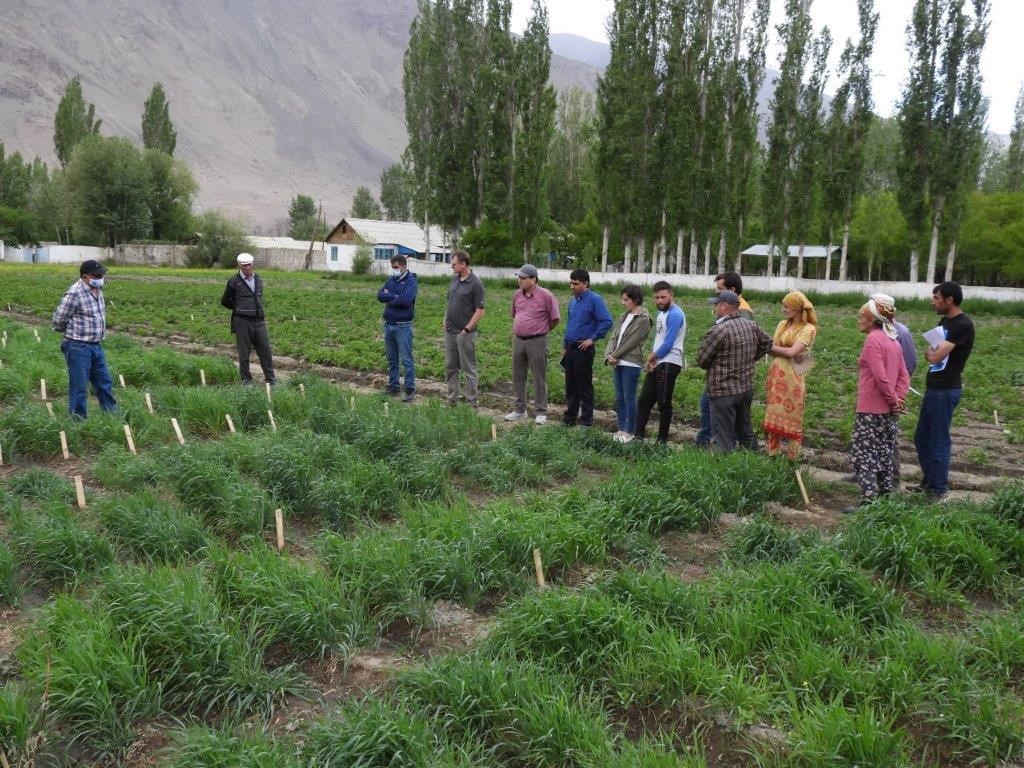Thrive Tajikistan: Enhancing Social Services, Governance, and Economic Inclusion in Border Regions
The Thrive Global Development Alliance is a five-year program that expands the Aga Khan Foundation (AKF) and the United States Agency for International Development (USAID) partnership both technically and geographically in all 16 districts of Tajikistan along the Afghan border. Thrive Tajikistan advances the partnership by enhancing integrated socio-economic development for residents of Khatlon Oblast and Gorno Badakhshan Autonomous Oblast (GBAO). To achieve this goal, Thrive Tajikistan ensures that local governance institutions deploy resources and social services effectively through improved management of resources and social services by local governance institutions and increased access and use of quality social services in targeted communities. MSRI’s aim is to implement and support three research projects on food security and food systems in different environmental settings: one in Khatlon, Kulob Botanical Gardens (KBG), and two in GBAO, Pamir Biological Institute (PBI), and Pamir Agriculture Research Center (PARC).
- Pamir Biological Institute (PBI) Project: The PBI project, “Promotion of high yielding wheat crops through varietal screening to improve food security in the GBAO”, is testing different spring and winter wheat varieties in ecological and climatic conditions of GBAO. The best performing and most promising disease-resistant spring and winter wheat varieties are then screened for further propagation and dissemination among key stakeholders, such as local farmers and governmental agriculture extension agents, as well as NGOs in GBAO.
- Kulob Botanical Gardens (KBG) Project: In the Shamsuddin Shohin district of Khatlon, MSRI is working with the KBG on ‘Conservation and restoration of unique local wild relatives of plants, to identify and map the availability of wild relatives of fruit plants in mountain pastures of this district by organizing technical expeditions. The project aims to conserve the genetic resources of local fruits and support the sustainable management of wild relatives of cultivated plants through the establishment of nurseries in the project area. KBG will then transfer the technical skills on plant conservation and propagation to local communities through capacity-building programs, such as workshops and seminars by engaging technical experts, as well as publications.
- Pamir Agriculture Research Center (PARC) Project: MSRI assisted in developing a project with PARC (Academy of Sciences of Tajikistan) on the improvement of genetic and productive qualities of Pamir ecotype yaks by the internal selection, evaluation, and selection of good and high-yielding animals to enhance livelihoods of the local farmers, thus contributing to poverty reduction and food security. The project aims to improve the main genetic traits, as well as the productivity and reproductivity of indigenous yaks using genetic resources of Mongolian and Kyrgyz ecotypes by internal selection methods.





